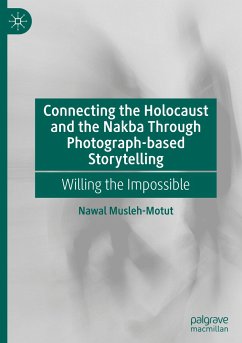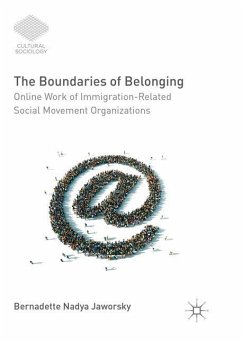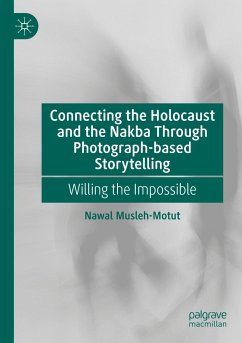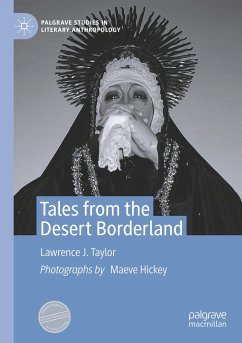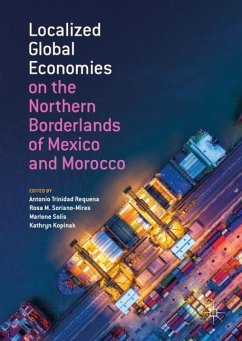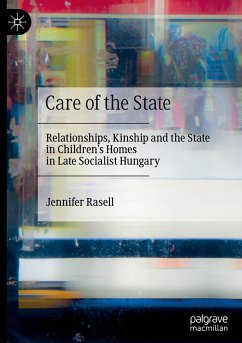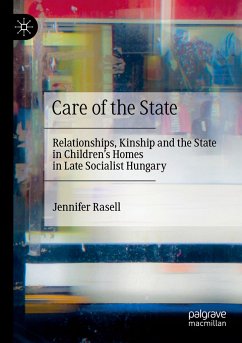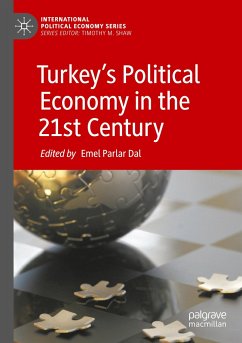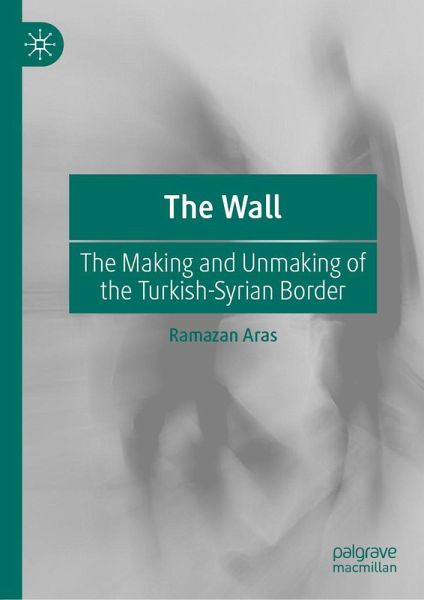
The Wall
The Making and Unmaking of the Turkish-Syrian Border
Versandkostenfrei!
Versandfertig in 6-10 Tagen
76,99 €
inkl. MwSt.
Weitere Ausgaben:

PAYBACK Punkte
38 °P sammeln!
Through an anthropological analysis, this book uncovers life stories and testimonies that relate the processes of separation as a result of the constructed political borders of nation states newly founded on the inherited territories of the Ottoman Empire. As it recounts ruptured social, cultural, political, religious, and economic structures and autochthonous bonds, this work not only critically analyzes the making of the Turkish-Syrian border through an exploration of statist discourse, state practices and the state's diverse apparatuses, but further analyzes the "unmaking" border practices ...
Through an anthropological analysis, this book uncovers life stories and testimonies that relate the processes of separation as a result of the constructed political borders of nation states newly founded on the inherited territories of the Ottoman Empire. As it recounts ruptured social, cultural, political, religious, and economic structures and autochthonous bonds, this work not only critically analyzes the making of the Turkish-Syrian border through an exploration of statist discourse, state practices and the state's diverse apparatuses, but further analyzes the "unmaking" border practices of local subjects in the light of local Kurdish people's counter perceptions, discourses, family histories, narratives, and daily practices-each of which can be interpreted as a practice of local defiance, resilience, and adaptation in everyday life.






